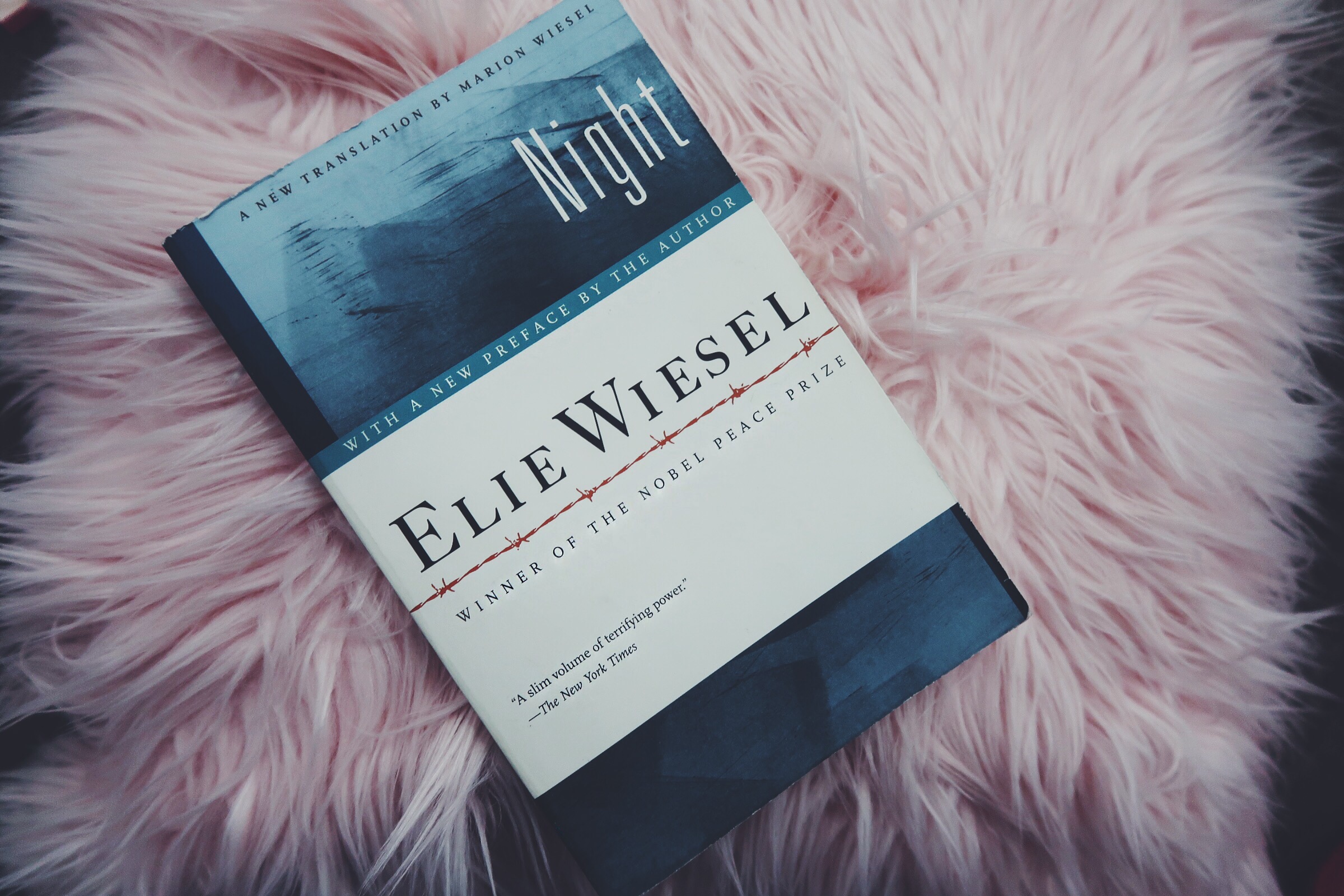A lot of things made Albert Einstein a wise man in his time. One, he didn’t believe that one must be to the four walls of a classroom before one can be educated, as much as he thought there is a need for one to give himself time to reflect on what one must have learnt for years.
Not plausible to our topic? Einstein may have been a scientist and a philosopher, except that philosophy and literature converge, but you’ll soon see the relevance of this vignette to how literature enhances critical thinking.
Literature Enhances Critical Thinking
Basically, literature uses the following attributes in refining learners’ critical thinking ability.
- Looking Into Works Beyond Their Surface Meaning
In literature, there are several ways to attribute meaning to works. You can choose to see it at face level or consider symbolic significance, say— denotation or connotation. Basically, literature learners’ paradigms of thought are enhanced because the field appreciates and uses more of connotations.
Also worthy of mention is Sigmund Freud’s contribution to this part of literature in the psychoanalysis school of criticism. To this school, there is more to the literary meaning of every work; the hidden meaning is in the mind of the author of such works.
The school is of the opinion that when writers write, they in certain ways open their minds to us and even though their works may be represented by imaginary characters, it reflects their minds. One cannot give what he doesn’t have. All writers somewhat reveal themselves in every bit of their work.
- Discourse
You see, sometimes I’m in the library with my friends not because we want to get some books but because we want to assess some real-time ideas. He who knows one thing does not know another, that African proverb says. There are always chances of learning something new when you take a break from saying and sit to be told. You can even learn from the mistakes the speakers make (if any). It is just always better when you hear from minds that are alike.
Robbing minds is very good. It is one way to succinctly learn what took others (from whom you’re learning) hours, days, or weeks to understand (maybe from books). This attribute is literature. The habit of sharing views on some given topics.
- Literature Comes Close to Reality

While some scholars may have rightly argued that literature is not factual and that it breaks the law of nature, we must remind ourselves how literature is a little more easy way to do such things as philosophy. Literature could be fictional, factional, or nonfiction. What you get to learn is determined by which of the genres you choose to settle for.
Read Also: Why is philosophy important to literature?
But in a more general sense, literature is closer to reality than many other fields (not to tarnish any, though). It has the power to make us feel (as though we’re the book characters) what we or our type of being must have been or be capable of being. Regardless of our awareness, it is reasonable to say that literature is relatively real.
Further, I’d mention the sociological school of criticism to accentuate this point. The school thinks that literature and society are interrelated. Whatever goes into literature must have originated from society. In every work of literature, we can then look forward to the reflection of the writer’s immediate society.
Given that this is true, then literature not only has the power to make us truly feel but also become more civilized and consequently make wiser decisions.
- By Reading and Analyzing Literary Works
This common attribute of literature can be seen as the umbrella under which all others come. In literature, we do a lot of analysis. Whether written or not. Sometimes even it is kept in mind. After going through literature, you sit back and think of the message of the work— an act that helps you come up with a unique interpretation and an opinion of your own.
This is not usually the case with some other forms of works that are not directly literature. When we do literature, we feel, we play along, and we are in the shoes of several personas. In fact, in ways unseen, this can enhance our ability to pre-act because we are prepared. I, for one, don’t easily get stricken by what may seem to be surprises to others. This is what reading several literature in the past years has changed my cognizance to. I’m now more aware than I’ve ever been.
Final Thought
Now that we have seen how literature enhances critical thinking, let me remind us this: Chin-An & Shu-Yun [2009] ascertained that literature works with the learners’ ability to different between opinions and facts, recall and reflect on prior knowledge, identify the mood or tone of a narrator, synthesize and rationally appreciate literary works.
Literature prioritizes reflection on the mind. It can be done outside the teaching-learning tradi-setting. Remember Einstein.
Share


